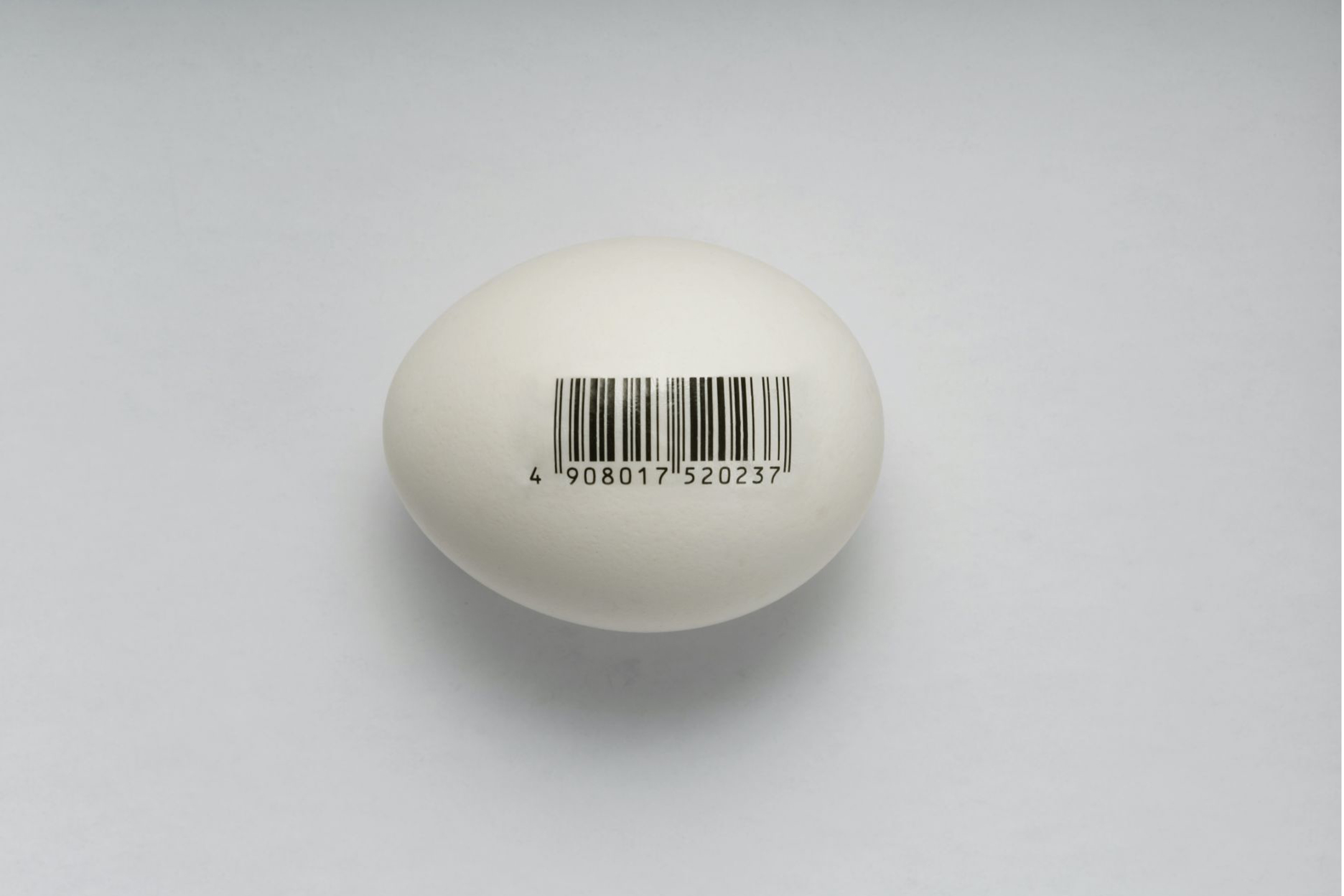
26 Jun Thinking about using donated eggs to start a family? Here’s what you need to know.
In Australia, the donor egg industry is heavily regulated, but in countries like the US, it can feel more like online shopping. Here’s what you need to know, report Anna E. Hartman and Dr Erica Coslor
Starting a family is an exciting and scary decision at the best of times. For some women and couples, there’s the added complication of thinking about assisted reproduction methods such as IVF.
While some women use their own eggs, others might need or want to use donated eggs. In Australia and New Zealand, over 3,000 IVF cycles were performed using donor eggs (or embryos).
Donor eggs are used for a number of reasons.
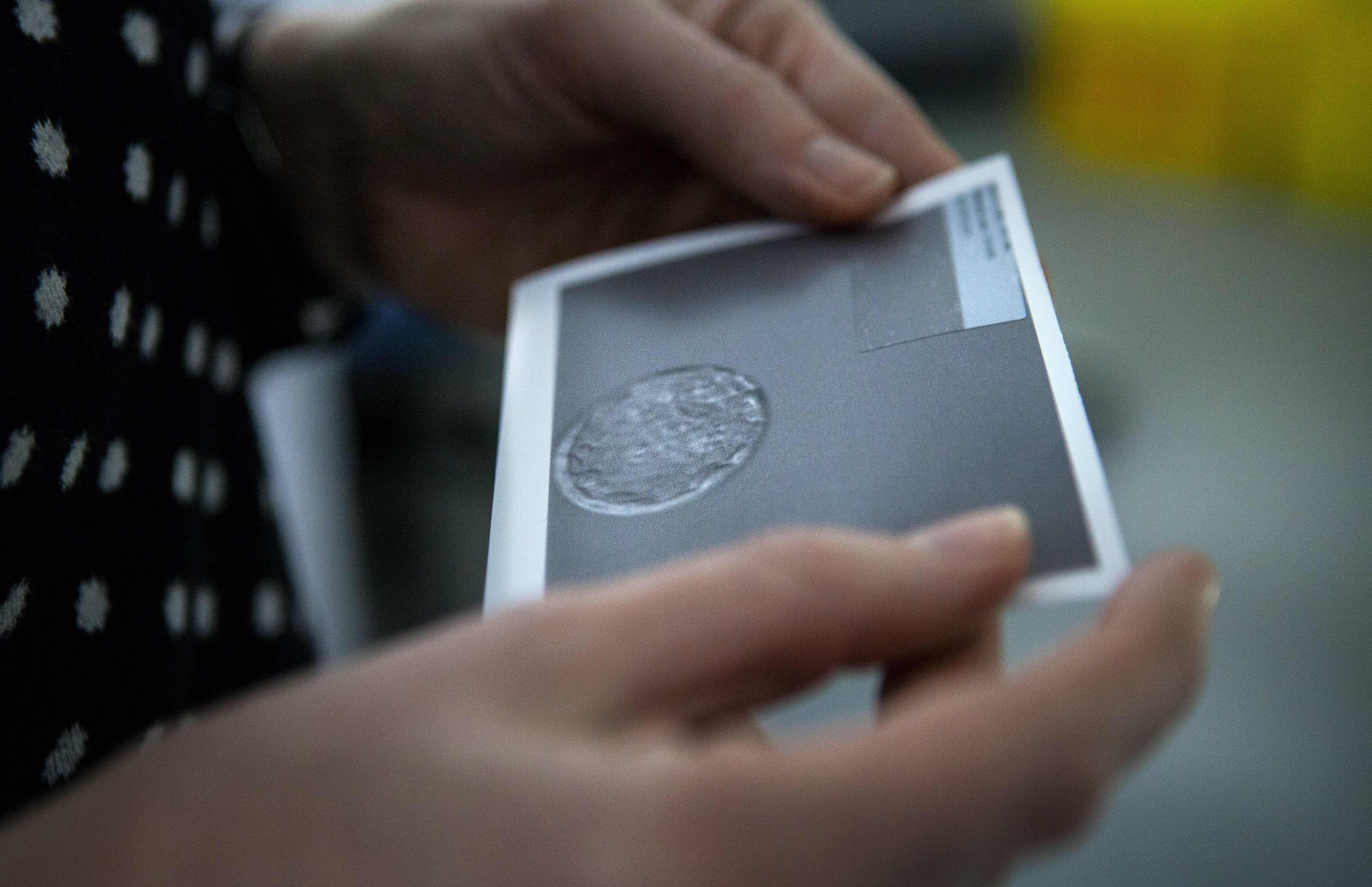
IVF treatments using a woman’s own eggs have a success rate of only around 30 per cent, so donors might be used to increase the chances of success. Donor eggs might also be needed for surrogacy or for survivors of illnesses such as cancer.
But when it comes to donor eggs, there are several options.
Women might seek donors in Australia, where the market for donor eggs is intensely regulated and differs significantly per state.
In Victoria, human eggs can only be gifted from donor to recipient as per Section 17 of the Prohibition of Human Cloning Act 2008, with other Australian states having similar legislation. (see: Individual Commonwealth and state legislation)
Australian donors also receive limited compensation, with estimates of around $5000+ AUD per cycle. However, this varies by clinic.
It can also be quite a challenge to find a potential donor and negotiate a relationship.
Women might not think about becoming a donor unless asked. Many women post on a Facebook group or an online forum hoping to find donors.
In Australia and New Zealand, just over 1,100+ treatment cycles were performed on women intending to donate eggs.
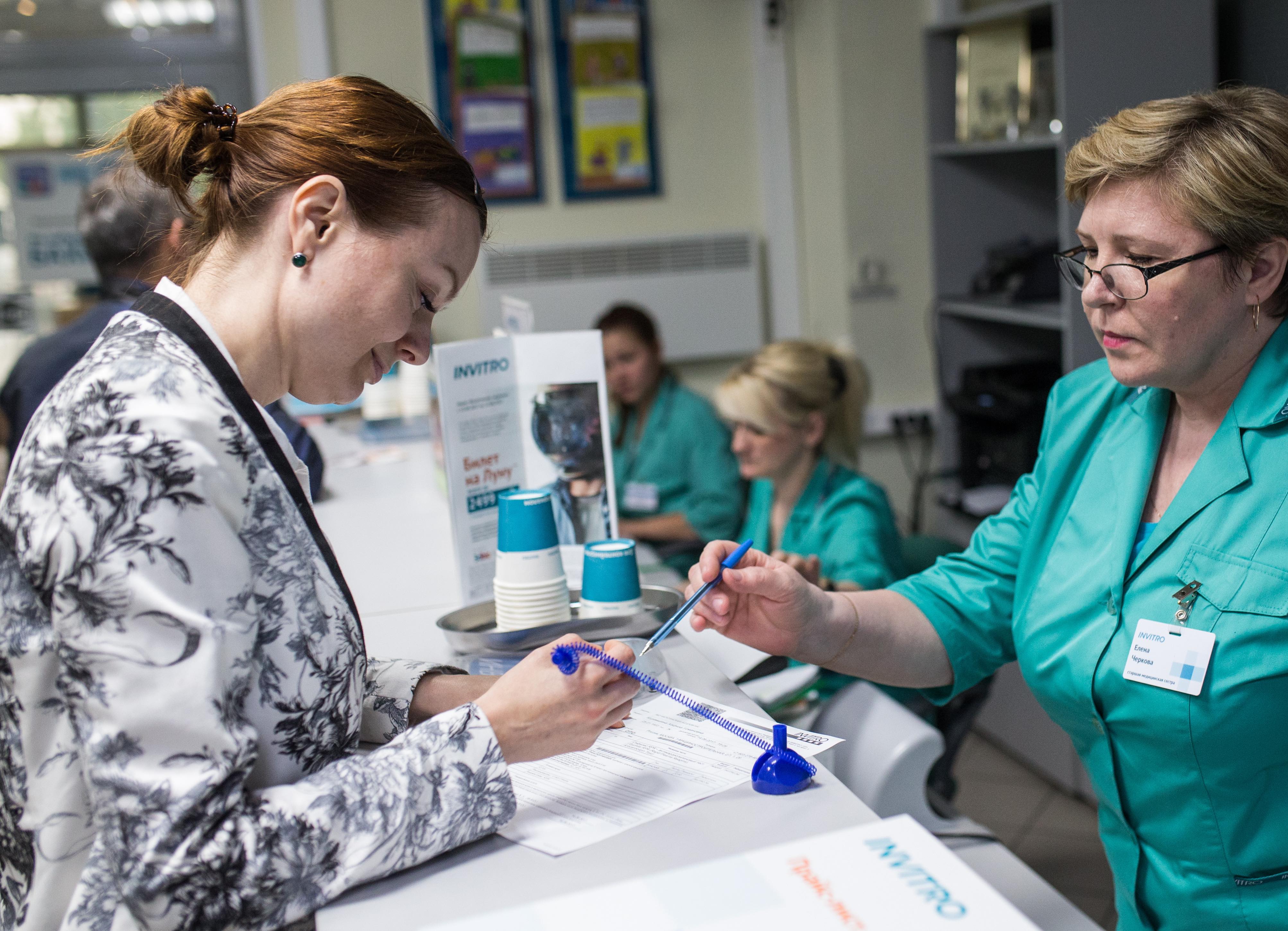
Going overseas
Alternatively, recipients might look overseas for donors or frozen donor eggs, often in markets with much less regulation.
Our research focuses particularly on the unregulated market for donor eggs in the US and how agencies identify potential donors.
Unlike in Australia, where eggs must essentially be gifted, in the US, there’s a big emphasis on donating eggs as a way of earning extra income.
Assisted reproduction has turned into a global business, with some Australians travelling overseas to find donor eggs or embryos.
Donor eggs can also be imported into Australia from the US from organisations like the World Egg Bank. Of the various countries where Australians might look for donor eggs, we focused on the US for comparison, particularly on the recruitment efforts for donors.
In the United States, most donor eggs are matched through specialised agencies.
Our research looked at ads from donor egg agencies that were used to recruit egg donors.
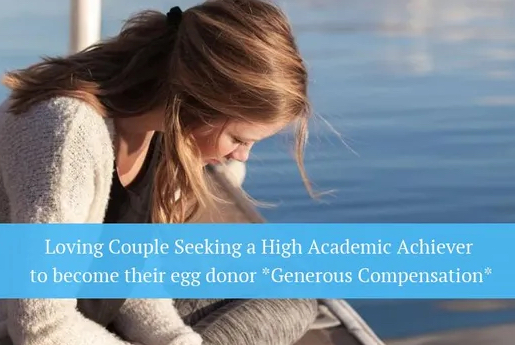
These were easy to find but reveal a lot about the industry.
We examined over 400 ads posted on the U.S. classified website Craigslist. Most were listed as job ads, highlighting the way donation is framed as a form of work. Additionally, any compensation for US donors is still considered taxable income by the US tax agency.
Similar to adoption or sperm donation, matching considers attributes such as eye colour, height, ethnicity, and other features. Ads offered to pay more for Ivy League graduates.
While some ads were more general, others read like a shopping list of attributes, from “high standardised test scores and high intelligence” to a height of over 5’6”.
These more specific ads often offered more money, and we even saw offers of up to $100,000 USD.
Money was explicitly mentioned in all of the donor recruitment ads that we analysed (for instance, “our couples are willing to pay $6000 and up to $15000”). But they also marketed egg donation as an altruistic gift (“Donating eggs is a gift of love and hope”).
The ads featured both aspects of egg donation, though in different combinations and levels.
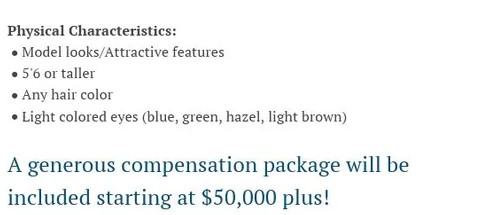
Why is it so different to Australia?
While the US market has never been as strongly regulated as the Australian market, there were once suggested guidelines for paying donors.
These recommend that “Total payments to donors in excess of $5,000 require justification and sums above $10,000 are not appropriate”.
But in 2015, a group of donors banded together and sued the reproductive industry body, using antitrust regulation to argue that compensation suggestions were a form of illegal price fixing, and they won.
In the face of this focus on money, one interesting finding from our research was that recruitment ads with a smooth blending of these logics — gift and money — were more persuasive for the reader.
We suspect that although some agencies may want to simply focus on the money to attract donors, it may be helpful to retain a focus on altruism, given the ethical values of fertility clinics and medical providers performing the actual services, as well as what recipients are seeking.
There are pros and cons to how you choose to find donated eggs.
In Australia, it can be hard to find donors and negotiate a relationship. In the US, browsing through inventories may feel too much like shopping.
But whatever you choose, it’s important to be informed about the different ways that donor eggs are regulated and what to expect.
Anna E. Hartman, PhD candidate, Management and Marketing, Faculty of Business and Economics, and Dr Erica Coslor, Senior Lecturer, Management and Marketing, Faculty of Business and Economics, University of Melbourne
Main Image: Getty Images




